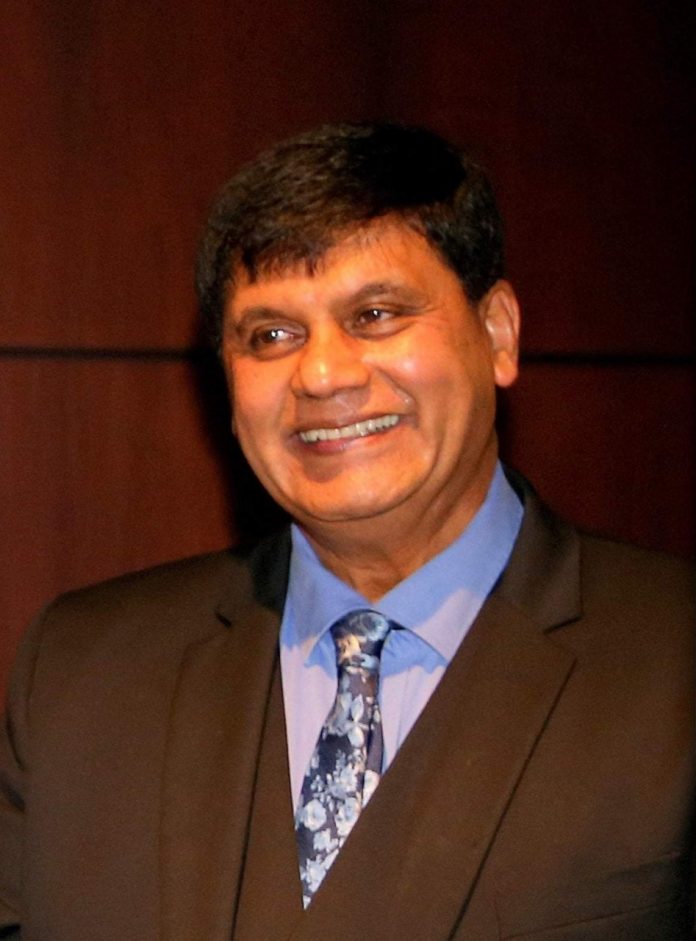West Australian scientists and medicos leading the battle against dementia are tackling new ground, inviting volunteers to join international and national dementia trials.
“Volunteering for the Alzheimer’s prevention study provides free access to expert health professionals, detailed health assessments and preventing cognitive issues,” said WA’s dementia ground-breaker, Professor Ralph Martins.
“Alzheimer’s is the main cause of dementia, the biggest global health issue of the 21st Century,” he said.
Recently developed brain scans showed the damage in Alzheimer’s brains develops for up to 20 years before symptoms begin to show.
Damage includes brain shrinkage, lost brain cells and lost connections between brain cells. There is an accumulation of unwanted clumps of proteins, Amyloid-beta and Tau.
“Slowing the development of this damage will delay the onset of dementia and since there is no effective treatment for Alzheimer’s, a lot of research focus has moved to prevention,” Professor Martins said.
Volunteers with dementia (patients and family members who may be without symptoms) will access new therapies under development by attracting major international dementia trials to Australia.
It is called the Australian Dementia Network (ADNeT) Screening and Trails initiative.
Professor Martins said it provides clinicians with cutting-edge, specialist diagnostic techniques at no cost to the patient.
The initiative will also help Australian researchers find participants to trial therapeutic discoveries and for research on the development and prevention of Alzheimer’s disease and other dementias.
Professor Martins pointed to research that led to the AU-ARROW clinical trial.
“It’s known that people with diabetes type 2, heart disease or high blood pressure are at higher risk of developing dementia, including Alzheimer’s.
“Certain diets have been linked with health and longevity, like the Mediterranean diet. Others, like the DASH diet, reduce high blood pressure. Aerobic exercise and resistance training improve brain function, and/or slow the deterioration of brain function.
“Validated brain training exercises have also been found to improve brain function,” he said.
Finland’s famous FINGER trial found that lifestyle change with regular exercise, healthier diet, brain training exercises and regular health monitoring could improve brain function in people who would normally be at higher-than-average risk of developing dementia. Exercises included aerobics and resistance training.
In Australia, a two-year AU-ARROW trail, aims to reproduce the findings of the Finnish study. Recruits, aged 60–79, will include 300 in Perth at the Sarich Neuroscience Research Institute in Nedlands.
They will be divided into two groups. The health education group will be provided periodically with healthy lifestyle information concerning exercise, diet and activities to keep mentally and socially active.
The active intervention group will receive similar information plus gym memberships for three to four aerobic exercise weekly sessions and two resistance training sessions, Fitbits, dietary recommendations, diet and exercise monitoring, as well as brain training via an accredited program. The active intervention group will also receive support via regular phone calls, group meetings, and individual monthly reviews of their lifestyle changes.
Eligibility is guided by screening to identify patients who meet clinical criteria for mild cognitive Impairment or early stage Alzheimer’s. Or it can be those cognitively normal but at high risk including first degree family history. Patients must be free of any major concomitant medical or psychiatric illness.
For more information contact Mark Rodrigues, WA Clinical Trial coordinator m.rodrigues@ecu.edu.au or phone 6457 0266.
Register as a volunteer at: www.australiandementianetwork.org.au/i-am-a-member-of-the-public-or-consumer/volunteer-for-trials/



































